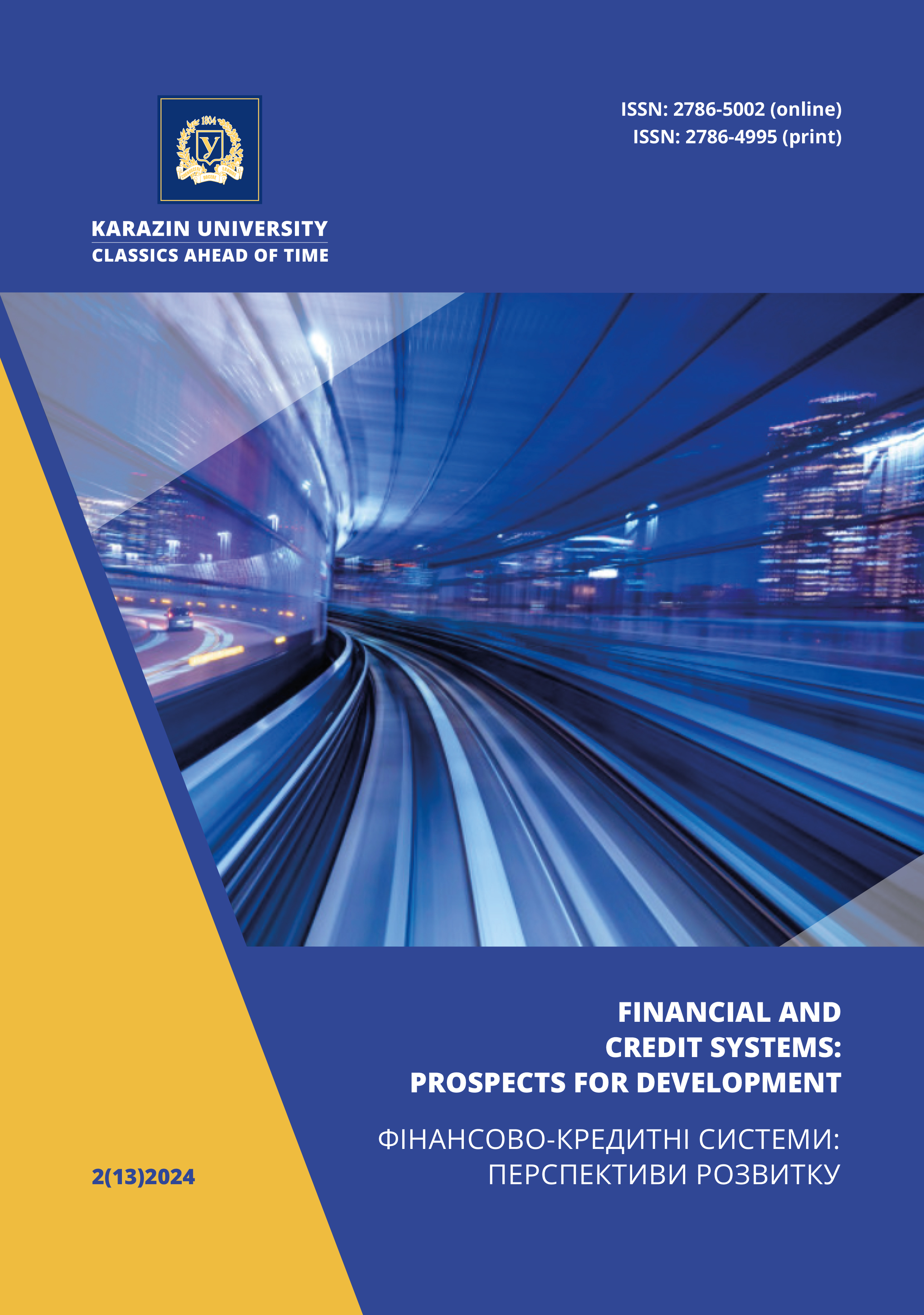Issues Surrounding Public Sector Auditors in Developing Countries
Abstract
The commonality of problems surrounding a broad subject of audit shares similarities in the domain of public sector in developing countries. This paper presents the issues faced by public sector auditors in developing countries by analyzing the data collected through quantitative and qualitative means. The prime focus is to analyze the issues by identifying the prevailing causes of these problems through research conducted and literature reviewed. A total of 300 auditors, who work in the public sector under the direct and indirect supervision of Auditor General of Pakistan (AGP), are sampled for this research. The auditors are divided into two categories, which are Internal and External Auditors, that equally contribute to the function of accountability for the Supreme Audit Institution (SAI) of developing country like Pakistan. Pakistan is taken as a sample country for this research due to its similarities of audit procedures among SAIs of all developing countries. The auditors are categorized based on their age group, qualification and nature of work. Furthermore, a number of issues are identified, such as Staff Shortages, lack of Adequate Time, External Pressure Groups, Record Production Issues, lack of Digitalization, Concern of Personal Security and Lengthy Reporting Procedures. These issues are derived from the data collected in this research and are further analyzed to investigate any potential causes of bureaucratic and cultural nature that are also common among other developing countries. Furthermore, a comparison is also drawn and deliberated upon in this paper that focuses on the Issues faced by Internal and External Auditors of a Public Sector in a developing economy.
Downloads
References
PPARC. (2021). Annual Statistical Bulletin of Federal Government Employees.
GOP. (1973). Constitution of Islamic Republic of Pakistan. Article 168-171. Page. 90.
AGP. (2012). Financial Audit Manual. Retrieved from https://agp.gov.pk/SiteImage/Misc/files/Revised %20FAM%20Book(1).pdf
Qaisar, N., & Khan, H. G. A. (2010). E-Government challenges in public sector: A case study of Pakistan. International Journal of Computer Science Issues (IJCSI), 7(5), 310.
Arfeen, M. I., & Khan, N. (2019. 439-457). Public sector innovation: Case study of e-government projects in Pakistan. The Pakistan Development Review.
Johnsen, Å. (2019. 35(2), 121-127). Public sector audit in contemporary society: A short review and introduction. Financial Accountability & Management.
Deis Jr, D. R., & Giroux, G. A. (1992. 462-479). Determinants of audit quality in the public sector. Accounting review.
Hamid, K. (2023. 43(3), 221-222). Debate: Evolving challenges for public sector external audit. Public Money & Management.
Afridi, M. M., & Bilal, Z. (2021. 10(1), pp-43). Performance of Governance in Pakistan and The Causes of its Crisis. European Online Journal of Natural and Social Sciences.
Kayrak, M. (2008. 15. 60-70). Evolving challenges for supreme audit institutions in struggling with corruption. Journal of Financial Crime. 10.1108/13590790810841707.
Cordery, C., Arora, B., & Manochin, M. (2023. 39(2), 304-326). Public sector audit and the state's responsibility to “leave no‐one behind”: The role of integrated democratic accountability. Financial Accountability & Management.
Polizzi, S., & Scannella, E. (2023. 31(1), 40-59). Continuous auditing in public sector and central banks: a framework to tackle implementation challenges. Journal of Financial Regulation and Compliance.
Ashraf, J. (2017. Vol. 3. Issue 1). Examining the Public Sector Recruitment and Selection, in relation to Job Analysis in Pakistan. Cogent Social Sciences.
AGP. (2023). Annual Audit Plan. Retrieved from https://agp.gov.pk/SiteImage/Publication/Annual%20Audit%20Plan% 20FY%202023-24.pdf.pdf
Bhattacharjee, S., & Brown, J. O. (2018. 93(2), 97-115). The impact of management alumni affiliation and persuasion tactics on auditors' internal control judgments. The Accounting Review.
Hillison, W., Pacini, C., & Sinason, D. (1999. 14(7), 351-363). The internal auditor as fraud‐buster. Managerial Auditing Journal.
OAS. (2023). Code of Ethics. Retrieved from https://www.oas.org/juridico/PDFs/mesicic4_blz_code_%20ag.pdf
Sutton, M. H. (1997. 11(1), 86). Auditor independence: The challenge of fact and appearance. Accounting Horizons.
Express Tribune. (2021). AGP Introduces Audit Management Information System. Retrieved from https://tribune.com.pk/story/2305953/agp-introduces-audit-management-information-system
Copyright (c) 2024 Financial and credit systems: prospects for development

This work is licensed under a Creative Commons Attribution 4.0 International License.

